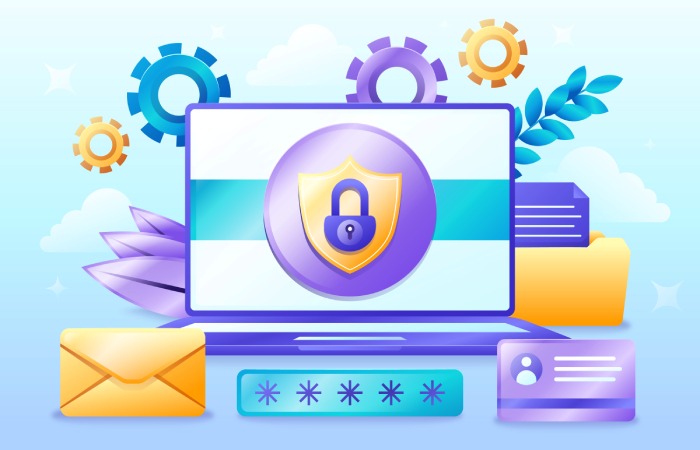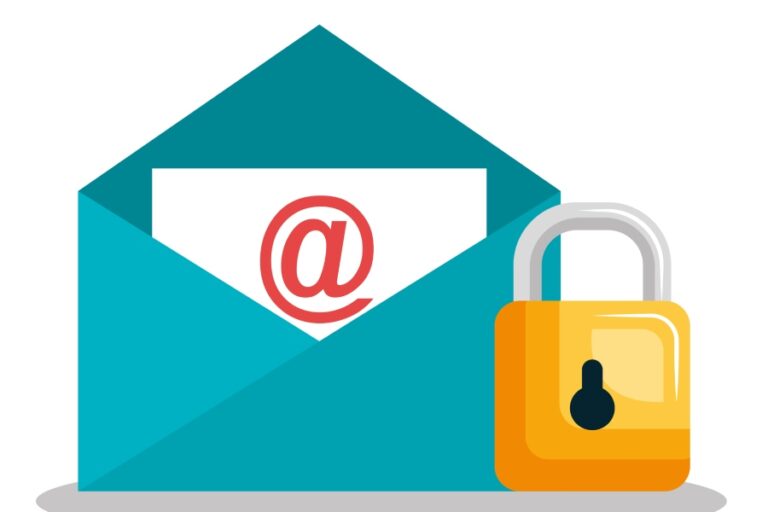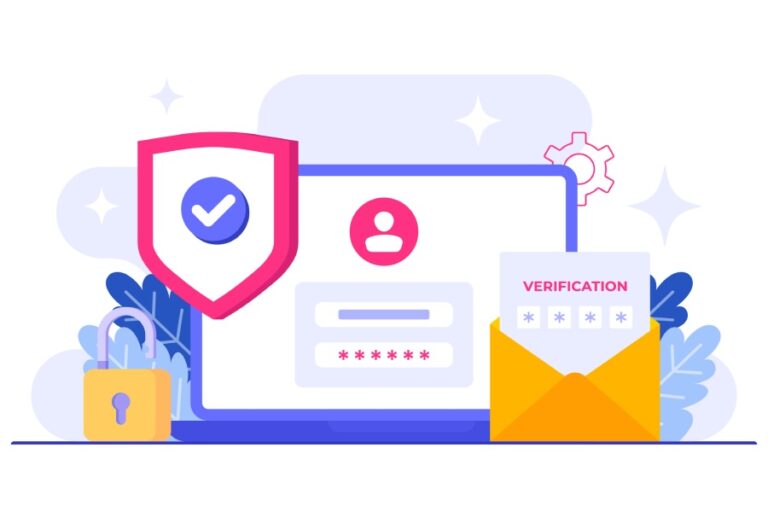Eight Strong Reasons to Use DMARC for Your Business

Email has become a mainstream communication medium for almost all organizations and businesses. However, it has also become a notorious channel for malicious actors to trick organizations into giving out confidential information by spoofing emails.
This problem led to the emergence of a crucial solution for email authentication: DMARC. It stands for ‘Domain-based Message Authentication, Reporting, and Conformance.’ DMARC is a protection protocol for email authentication and validation where it evaluates and records information about the sender and recipient of emails. It secures the organization’s domain from being exploited to send phishing, social engineering, and spoofing emails.
Significant Reasons to Use DMARC
DMARC is a highly reliable email security tool as it functions with the help of two robust email authentication techniques: SPF (Sender Policy Framework) and DKIM (DomainKeys Identified Mail). While the former ensures that malicious actors don’t misuse a domain to send spoof emails, the latter validates the sender of an email using a secure digital signature pair to ensure its authenticity. DMARC can then generate helpful reports on all email activity associated with a domain for the user. The following are the most substantial reasons organizations and reputed brands must deploy DMARC in their business domains.

To prevent cyber threats:
Implementing DMARC in your domain will prevent adversaries from using the domain to send out malicious spoof messages for spam campaigns and phishing attacks.
To ensure the reliability of your emails:
DMARC provides guaranteed validation to your emails since it allows only authorized IP addresses to send out information from your domain. The instructions recorded in the DMARC policy help identify senders with valid authentication and flag those that do not. This action ensures that emails sent from your domain are reliable and trustworthy.
To protect your brand:
Marketing analysts and experts have extensively highlighted the importance of brand trust, an essential factor that helps businesses flourish. People are more inclined towards brands as much as their products. The infiltrators use common brand names to send out malicious emails using their logo to trick people into giving away their confidential details. Impersonating your domain can taint your brand value, and DMARC helps secure the brand from such abuses.
To gain visibility:
One of the significant functions of DMARC is providing visibility into and control over a domain’s usage. The reports generated by DMARC allow the domain owner to identify the sender of the emails authorized on behalf of the domain. It also lets the domain owner know which emails are authenticated and records the reasons for the non-validation of any emails.
To improve email deliverability:
Malicious activities through emails can directly result in lower email deliverability or blacklisting of a domain. DMARC helps improve deliverability by increasing the legitimacy of the emails as it helps distinguish between a real and fake email address.
To manage emails that fail authentication:
DMARC gives the domain owner control over the emails that fail authentication. They can direct the mail service providers on managing emails that do not pass authentication by implementing various protocols. These emails are mostly rejected or archived in a quarantine folder.
To prevent C-level and BEC scams:
Impersonation via emails is one of the advanced tactics used by nefarious agents to attack a business. C-level and Business Email Compromise (BEC) attacks are advanced threat vectors that use impersonation to unleash a cyber-attack on an organization. DMARC blocks illegitimate senders and prevents malicious actors from exploiting your domain.
To reduce support costs linked to email scams:
Some organizations keep dedicated web pages for alerts related to email scams and threats within their domain. Email scams and phishing attacks, while impacting the business, also affect its customers. The customer support expenses are pretty high in such cases since there is a question of legitimacy and trust between the organization and its customers. Email-based scams and attacks negatively affect the business’s brand value, and in some instances, it results in irreparable damage. Deploying DMARC on your business domain ensures safety against such threats and helps reduce customer support costs related to email scams.

Final Words
Email scams have been an increasingly tricky threat for almost every online business. Earlier, a secure email gateway with security services was adequate to secure an organization against email attacks. However, it is no longer an effective solution since organizations deal with numerous sophisticated cyber threats capable of bypassing different types of cybersecurity safeguards.
Email authentication and validation services are the essential tools that help businesses and organizations secure their reputation and flourish. DMARC is one such email authentication protocol that allows business domains to prevent security threats, increase brand trust, and maintain reliable and secure email networks. It acts as a barrier for malicious actors as it restricts unauthorized or suspicious emails. Thus, DMARC is one of the most reliable security protocols against email-based scams and cyber-attacks today.





